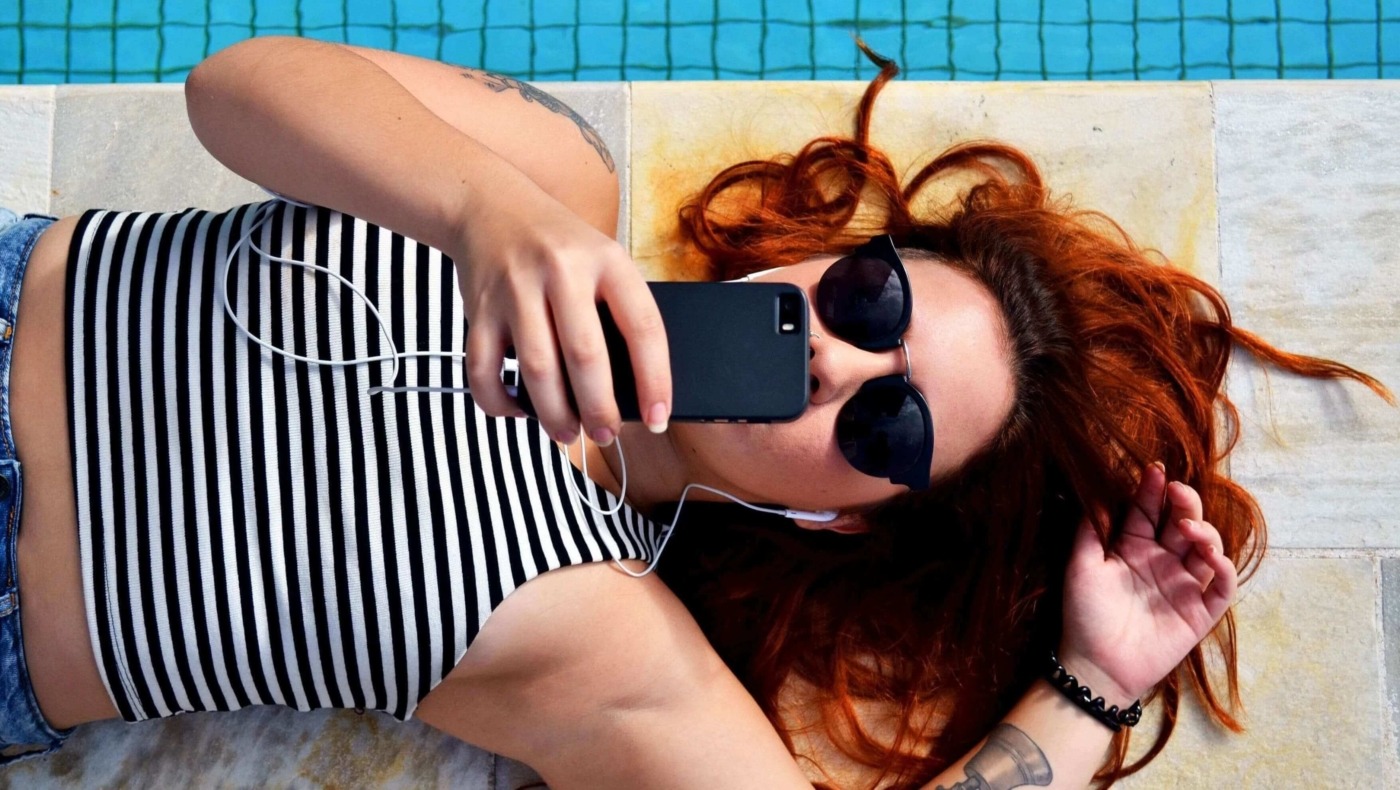The dangerous trend of ‘getting real’ on Instagram
Instagram has gone through something of a transformation in the last few years. The platform’s obsession with perfection has dissolved into an obsession with realness. Who can be the most candid, the most amusingly relatable, the most real?
Gone are the days when we would painstakingly trawl through our camera roll looking for the perfect selfie. Gone are the days would agonise over picking the perfect filter, wondering which would make our teeth look the whitest and our skin look the brightest. And gone are the days when we would text all our best friends to help us compose the perfect witty caption.
Except those days are not gone. The only difference now is that after you’ve spent hours trying to carefully craft an image of perfection, you write a 500-word essay underneath ripping that very image to shreds.
Instagram has quickly become a place to talk about the things that are affecting us, whittling away the veneer of perfection that has plagued the site since its launch back in 2010
Instagram is well known for being a hotbed of fakery – a platform for showing off every little aspect of your life as though you live in a bubble of perfection. It has been criticised for encouraging feelings of inadequacy and jealousy in its users, who feel unable to live up to the impossible, unrealistic standards seen on its pages.
In the last few years the trend #intsagramvsreality has gone viral. The backlash against filtered holiday snaps, face-tuned selfies and edited ‘bikini pics’ meant that users started deconstructing their perfect feeds and confessing the truths behind each photo.
Started by celebrities and influencers, the trend has trickled down until even us mere mortals with 100 followers have joined in, leading to a major shift in the way the site operates. Be it with mental health or insecurities about acne, Instagram has quickly become a place to talk about the things that are affecting us, whittling away the veneer of perfection that has plagued the site since its launch back in 2010.
In many ways, this dramatic reversal is a great thing. Sharing your problems and talking about them honestly and openly can be incredibly cathartic and it has opened up many important discussions. When we talk about our insecurities, it can help us feel less alone, and that is incredibly powerful.
We run our own personal paparazzi pages and gossip columns from our phones
But while this phenomenon offers a space for people to discuss their struggles with their health, mental wellbeing and body image, is it truly having a widespread, positive effect?
In 2019 we are seeing a societal hunger for realness and authenticity which is partly driven by reality TV and social media. It’s almost exploitative, as there is a collective feeling of responsibility to be as candid and open as possible. But in reality, it could be described as invasive.
The trend encourages us to renounce our privacy and overshare. It is as though people’s private lives are now everyone else’s personal property, and every tiny aspect must be duly documented and shared. We run our own personal paparazzi pages and gossip columns from our phones.
You find yourself weirdly pressured to pick out your flaws and you force yourself to celebrate them, rather than celebrating what you genuinely do like about yourself
Beyond this, the trend encourages self-criticism. People often pick apart their own pictures, almost as though pre-empting the possibility of someone making rude comments on their photo.
You may very well be picking up on your flaws to make a point about celebrating body positivity and loving your imperfections.
But sometimes that kind of stark and revealing admission can be as harmful as it is helpful.
You find yourself weirdly pressured to pick out your flaws and you force yourself to celebrate them, rather than celebrating what you genuinely do like about yourself. In the end, you find yourself confessing to having an ordinary life as though you’re exposing some dirty little secret.
Whilst it is right to celebrate the fact that we are finally seeing some honesty on Instagram, we also need to be cautious. Is the intent behind these posts to be real, or is it just another way of getting likes?
In reality, ‘getting real’ on Instagram is just another one of the site’s manufactured trends, forcing us once again to retreat to social media for validation. Perhaps it is just another way of showing off, of eliciting a reaction, of begging for the attention of strangers.

Comments